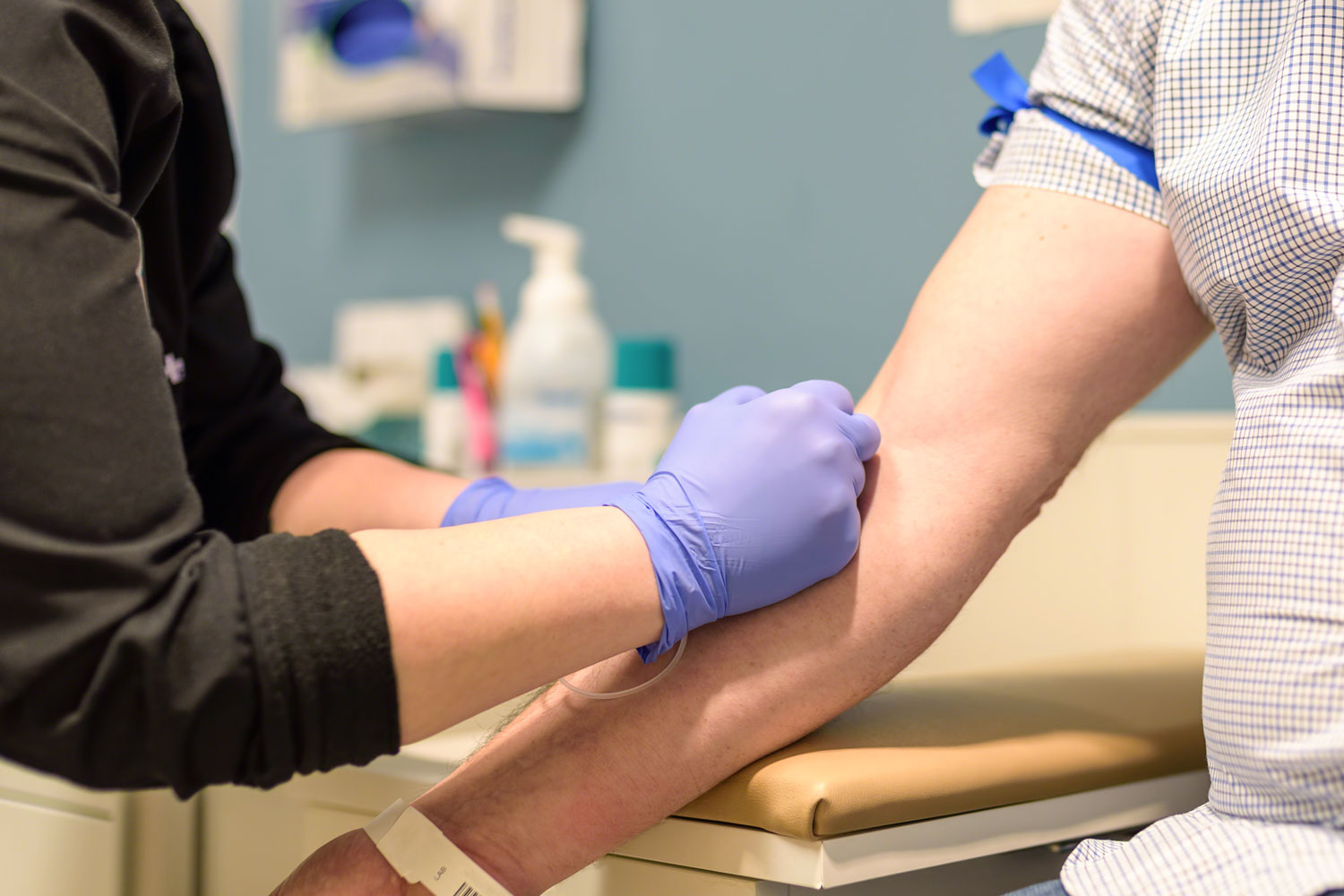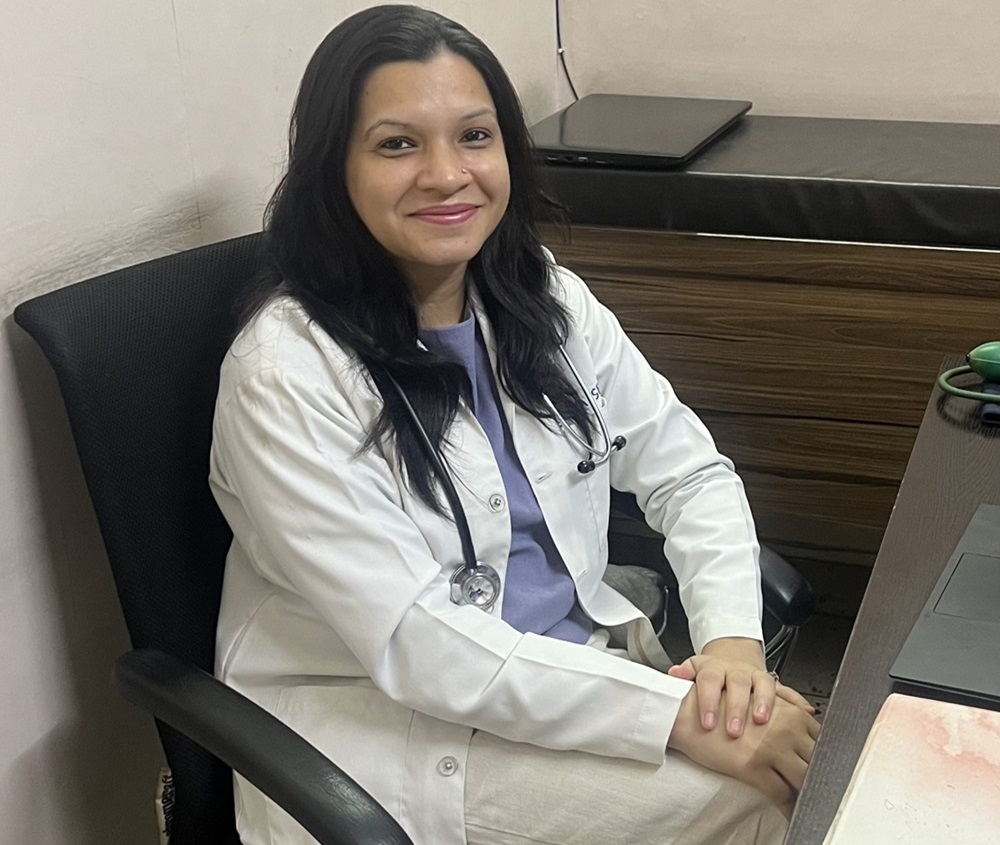How is Alzheimer’s Disease diagnosed? Find here!


For the unversed, Alzheimer’s Disease is a form of progressive dementia. While many people use both terms interchangeably, Alzheimer’s Disease and dementia are not the same. Alzheimer’s Disease is a neurodegenerative disease, which is often seen in seniors over the age of 65. There is no one single test for diagnosing Alzheimer’s Disease. In many cases, early symptoms prompt physicians to recommend tests like brain MRI for Alzheimer’s Disease. In this post, we are sharing more on diagnosis.
Explaining the symptoms
Many patients with Alzheimer’s Disease often have a hard time remembering things. As a result, they often repeat the same statements and questions over and over again. While the patient may not always understand these symptoms, a family member can explain more to a physician.
Tests done
Doctors will usually try to do a physical exam first, which is intended to check if the patient can respond to reflexes, sounds, and to know about muscle strength. If the onset of memory problems is related to a deficiency, which can be a reason for dementia symptoms among young patients, tests related to disorders and deficiencies may be suggested. For understanding the memory and cognitive skills of the patient, other tests can be done. There are a wide range of neuropsychological tests that can offer insight on if a patient has similar memory functions when compared to people of the same age.
Brain imaging
At times, brain imaging is recommended to find if additional conditions are causing symptoms that are related to Alzheimer’s disease. For instance, these tests can be recommended for patients who have suffered trauma or brain strokes. Magnetic resonance imaging (MRI) is often used to find detailed images of the brain. If someone has Alzheimer’s disease, the MRI may show brain shrinkage. MRI is usually more preferable than CT scan for dementia diagnosis. For getting cross sectional images, or slice images, of the brain, a CT scan can be recommended. CT scans can also rule out other brain-related conditions, such as strokes and tumors. Other tests that physicians may recommend include Fluorodeoxyglucose (FDG) PET scans and Amyloid PET imaging. Amyloid PET imaging is used for patients who have early signs and symptoms of dementia.
If a family member, especially someone over the age of 60, has signs of memory loss and issues with cognitive thinking, consider seeing a doctor. While there is no cure for Alzheimer’s Disease, it can be managed with medications.






